Search
Did you mean: Boreas?
Search Results
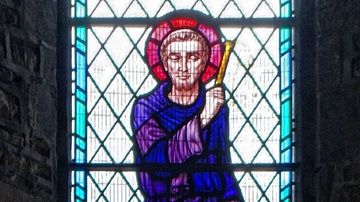
Definition
Guthlac of Crowland
Guthlac of Crowland (c. 674 - 11 April 714 CE) was an Anglo-Saxon saint from the Kingdom of Mercia. He is best known for his years spent as a hermit in the Fens region of the East Midlands. Guthlac was born into a noble Mercian family and...
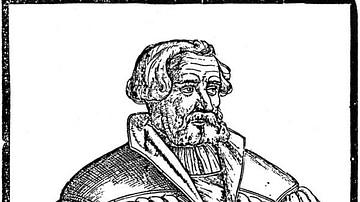
Definition
Andreas Karlstadt
Andreas Karlstadt (also given as Carlstadt, l. 1486-1541) was a reformer, theologian, and early supporter of Martin Luther (l. 1483-1546) in the movement that became known as the Protestant Reformation. Karlstadt was one of Luther's most...

Article
Trade in Medieval Europe
Trade and commerce in the medieval world developed to such an extent that even relatively small communities had access to weekly markets and, perhaps a day's travel away, larger but less frequent fairs, where the full range of consumer goods...
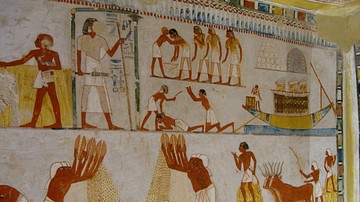
Article
Jobs in Ancient Egypt
In ancient Egypt, the people sustained the government and the government reciprocated. Egypt had no cash economy until the coming of the Persians in 525 BCE. The people worked the land, the government collected the bounty and then distributed...

Article
Ancient Egyptian Agriculture
Agriculture was the foundation of the ancient Egyptian economy and vital to the lives of the people of the land. Agricultural practices began in the Delta Region of northern Egypt and the fertile basin known as the Faiyum in the Predynastic...
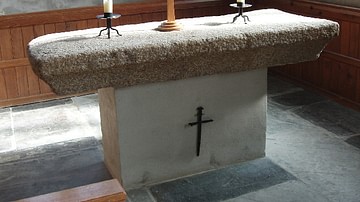
Article
The Elizabethan Religious Settlement
The Elizabethan Religious Settlement was a collection of laws and decisions concerning religious practices introduced between 1558-63 CE by Elizabeth I of England (r. 1558-1603 CE). The settlement continued the English Reformation which had...
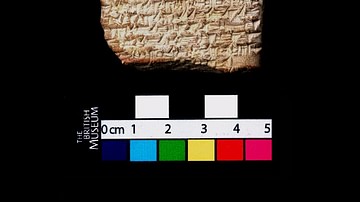
Article
The Myth of Adapa
The Myth of Adapa (also known as Adapa and the Food of Life) is the Mesopotamian story of the Fall of Man in that it explains why human beings are mortal. The god of wisdom, Ea, creates the first man, Adapa, and endows him with great intelligence...
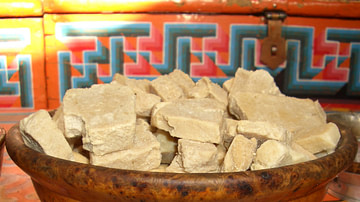
Article
Food & Drink in the Mongol Empire
The diet of the Mongols was greatly influenced by their nomadic way of life with dairy products and meat from their herds of sheep, goats, oxen, camels, and yaks dominating. Fruit, vegetables, herbs, and wild game were added thanks to foraging...
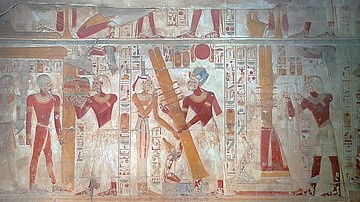
Article
The Forty-Two Judges
The Forty-Two Judges were divine entities associated with the afterlife in ancient Egypt and, specifically, the judgment of the soul in the Hall of Truth. The soul would recite the Negative Confession in their presence as well as other gods...
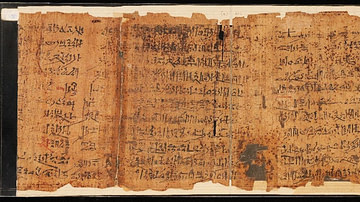
Article
The Admonitions of Ipuwer
The Admonitions of Ipuwer (also known as The Papyrus Ipuwer and The Admonitions of an Egyptian Sage) is a literary text dated to the Middle Kingdom of Egypt (2040-1782 BCE). The only extant copy of the work, preserved on the Papyrus Leiden...